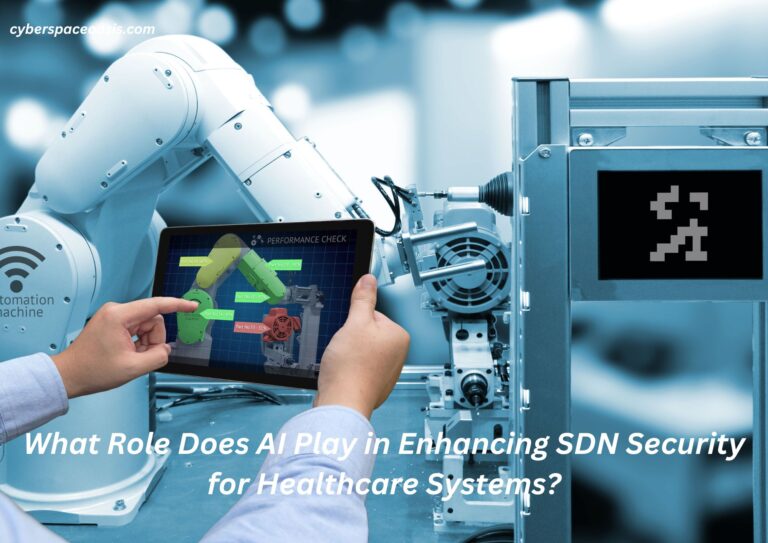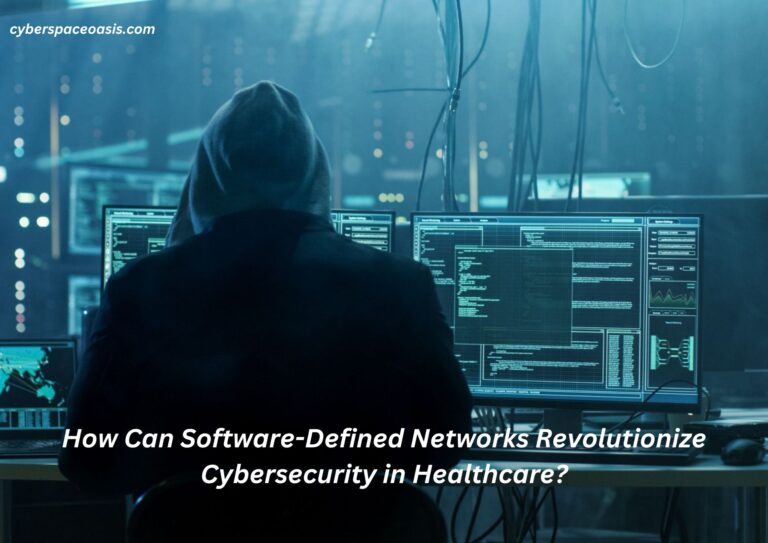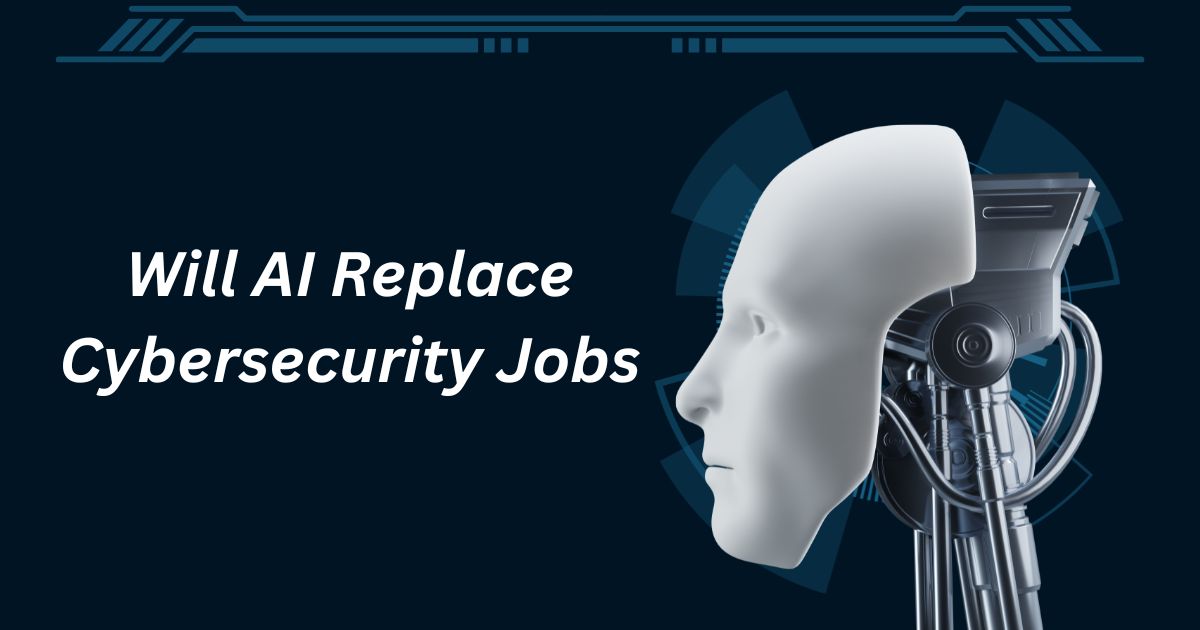
Introduction: The Rise of AI in Cybersecurity
The speedy evolution of Artificial Intelligence (AI) is converting the manner industries function, particularly in cybersecurity. AI’s capacity to procedure sizeable quantities of information and detect threats in actual-time has transformed how organizations shield against cyberattacks.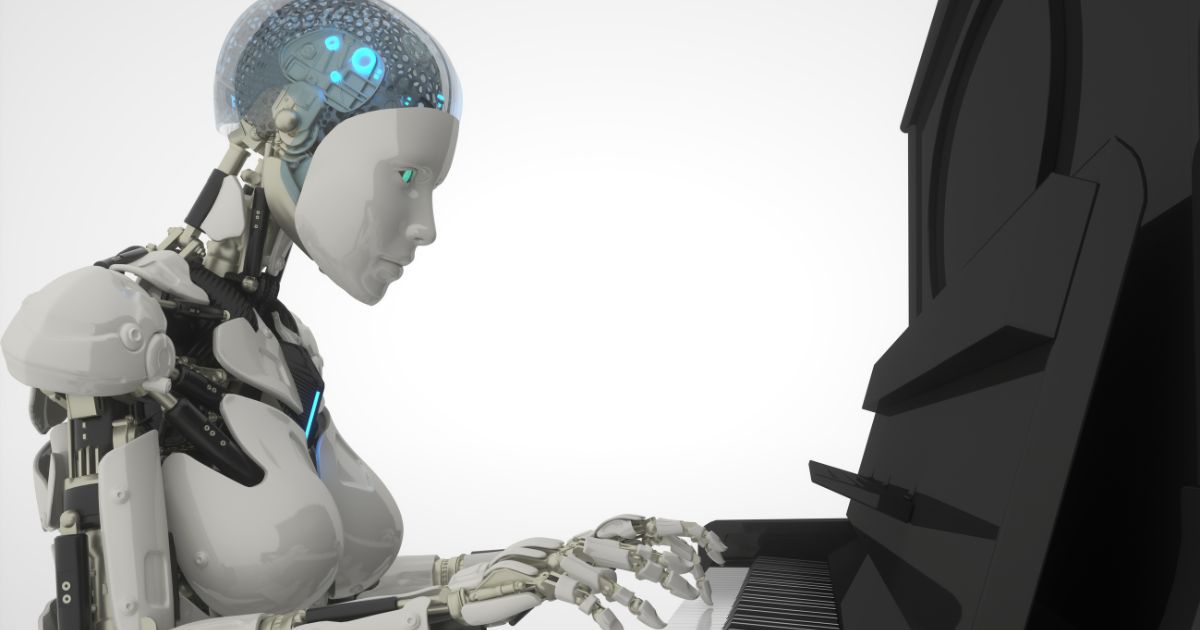
However, the query remains: as AI maintains to increase, will it ultimately update human jobs in cybersecurity? This article takes an in-intensity observe the position of AI in cybersecurity, exploring whether or now not AI will replace or complement human information and what the destiny holds for professionals in the region.
The Role of AI in Modern Cybersecurity
AI is turning into an fundamental device in present day cybersecurity practices. Its capacity to automate ordinary obligations, inclusive of tracking network site visitors and detecting anomalies, has verified to be pretty green.
AI structures can analyze big information sets at first rate speeds, identifying styles that could suggest capability cyber threats. However, the ones structures aren’t a whole alternative for human intuition and preference-making. While AI can help in identifying risks, human oversight stays critical in decoding statistics and responding to sophisticated assaults that AI can also pass over.
Why This Question Matters
As the skills of AI expand, worries about mission displacement in cybersecurity are developing. Professionals in the field need to recognize how AI will have an effect on their roles and whether it will take over really or art work along them.
This query is particularly relevant given the cybersecurity abilties hole, wherein AI may want to both bridge the space via the usage of automating obligations or exacerbate it thru putting off access-degree jobs. Addressing the ones issues will help the organization prepare for the changes AI will convey.
Key Takeaways: Understanding AI’s Impact on Cybersecurity Jobs
AI Will Transform, Not Replace, Cybersecurity Jobs
AI is expected to decorate rather than update human roles in cybersecurity. Automation will manage repetitive duties, which includes risk detection and routine gadget checks, liberating professionals to awareness on more complicated problems.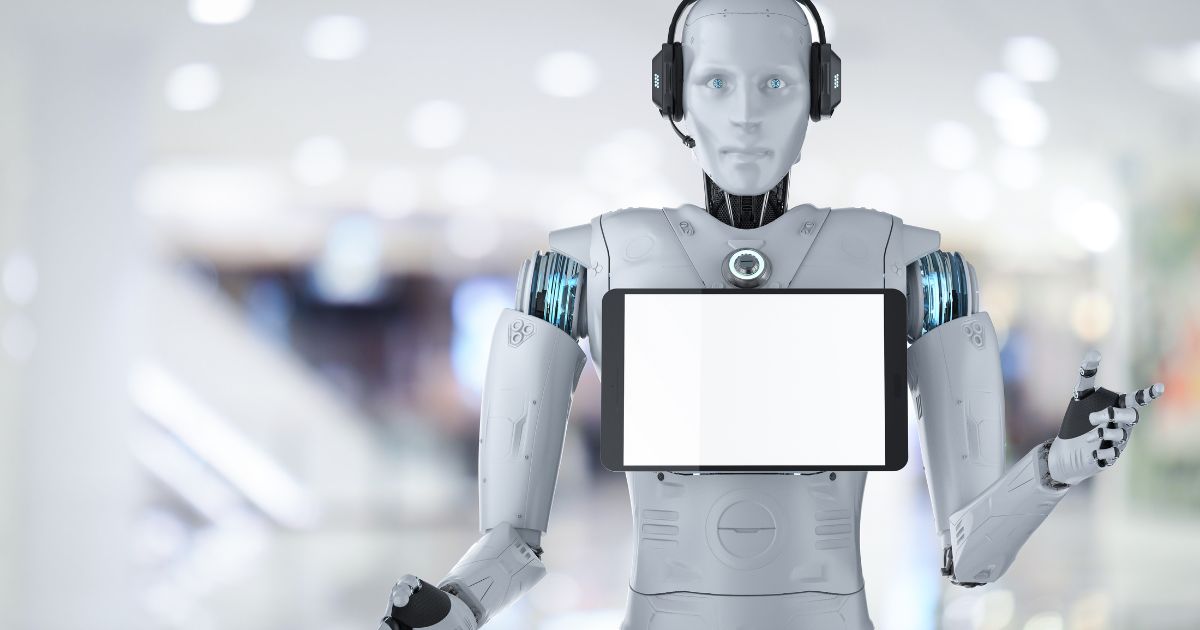
However, AI can’t replace the creative hassle-solving and crucial thinking required for advanced cybersecurity functions. Human information will usually be wished for selection-making, ethical issues, and addressing novel threats. Therefore, AI is much more likely to reinforce the cybersecurity group of workers than completely replace it.
Automation and AI Could Lead to New Job Creation
AI’s integration into cybersecurity will not best alternate gift roles however moreover create new ones. For instance, AI engineers can be needed to increase, manipulate, and stable AI structures, while cybersecurity experts may additionally moreover specialise in AI ethics or auditing AI-driven choices.
As AI systems evolve, so too will the competencies required to control them. Professionals will want to upskill, specializing in areas like AI ethics, device learning, and AI governance to live relevant. Thus, AI ought to open doorways to new, high-paying jobs as opposed to removing them.
Table 1: Key Differences Between AI and Human Cybersecurity Roles
| Aspect | AI Role | Human Role |
|---|---|---|
| Threat Detection | Fast, real-time data analysis | Decision-making in complex scenarios |
| Automation of Routine Tasks | Automated responses to known threats | Manual responses to unforeseen attacks |
| Creative Problem-Solving | Limited to historical data patterns | Adapting to novel threats |
AI vs Human Expertise in Cybersecurity: A Detailed Breakdown
Strengths of AI in Cybersecurity
AI has full-size strengths while applied to cybersecurity, specifically in automating recurring duties and analyzing large datasets. AI can discover patterns and anomalies lots faster than a human ever ought to. Its capability to work 24/7 with out fatigue makes it an invaluable tool in constantly tracking networks for potential threats.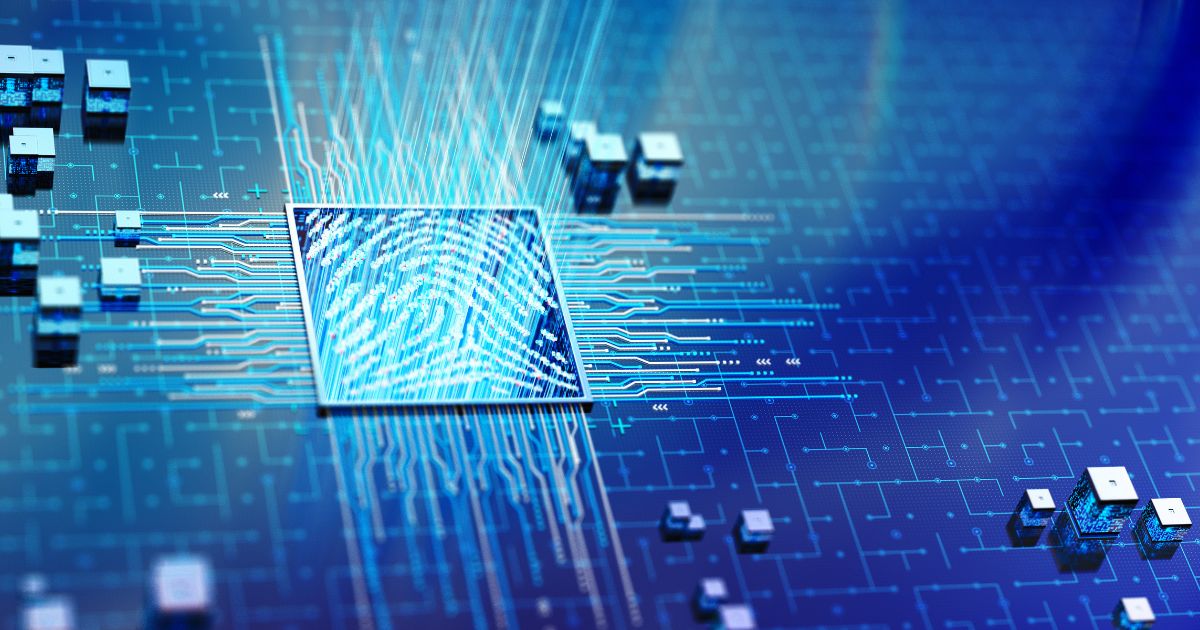
For instance, AI-driven structures can block low-degree assaults with out human intervention. This stage of performance lets in cybersecurity specialists to recognition on higher-stage strategy and dealing with complex security troubles, making sure better typical safety.
Real-time Threat Detection
AI’s actual-time hazard detection abilties set it aside from traditional methods. By the usage of machine studying algorithms, AI can analyze visitors patterns, flagging uncommon conduct or capability threats as soon as they occur.
This proactive method prevents many attacks from spreading before they are able to purpose large damage. Additionally, AI learns from past incidents, permitting it to enhance its accuracy in detecting and preventing future attacks. These capabilities make AI a important component in cutting-edge cybersecurity defenses.
Automation of Routine Security Tasks
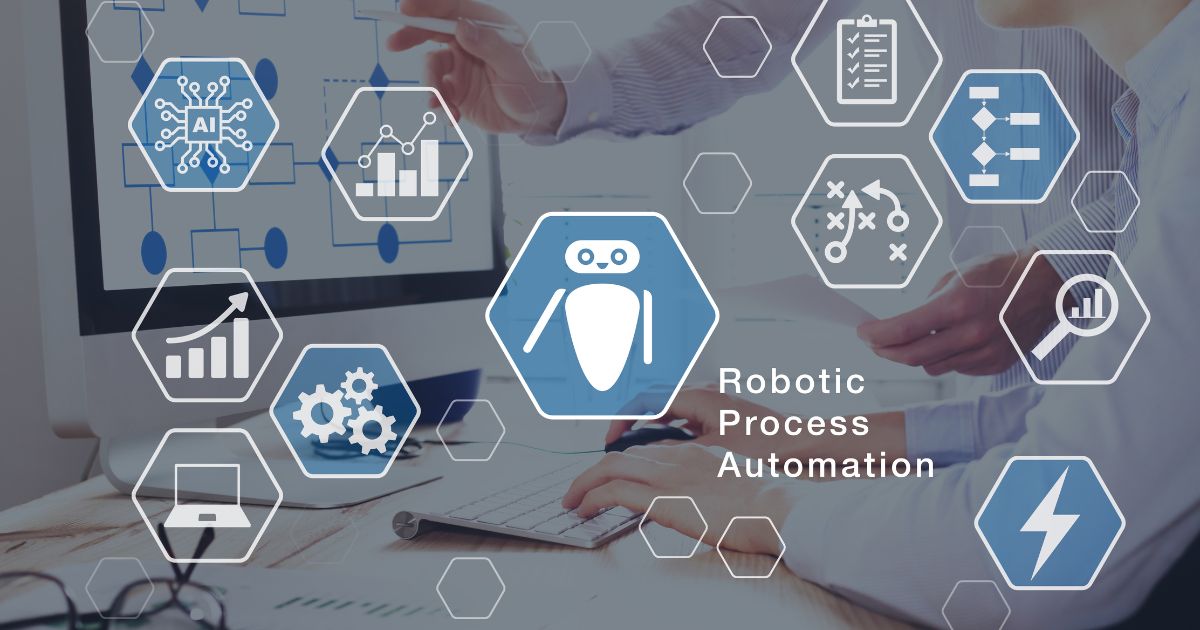
Automation is one of the key blessings AI brings to cybersecurity. Tasks which include scanning for vulnerabilities, patching regarded issues, and tracking device logs can be tedious and time-ingesting for human people.
AI can manage those repetitive jobs with efficiency and accuracy, lowering the chance of human blunders. This automation permits cybersecurity professionals to consciousness their energy on greater strategic obligations, including responding to sophisticated threats and growing long-term safety techniques.
Limitations of AI and the Importance of Human Involvement
Despite its strengths, AI has amazing boundaries, especially whilst coping with exceedingly complex or novel threats. AI is based on historic records to function successfully, meaning it struggles with assaults it has by no means encountered earlier than.
Additionally, AI can’t make moral or felony selections on its very own. It requires human enter to navigate privacy concerns and regulatory frameworks, ensuring that safety features do no longer infringe on private rights. Therefore, human oversight is essential to make certain a balanced approach in cybersecurity.
Handling Complex and Novel Threats
While AI is excellent at spotting recognized styles, it struggles with zero-day exploits or novel types of assault. Cybercriminals are constantly devising new methods to breach systems, and AI structures can once in a while be too inflexible to locate these evolving strategies.
Human cybersecurity experts are better prepared to cope with these complex conditions. Their capability to think creatively and adapt to sudden scenarios makes them an irreplaceable part of the cybersecurity atmosphere.
Ethical and Legal Decision Making
AI lacks the ability to apprehend and navigate moral concerns or make selections that follow legal requirements. For example, AI may flag a legitimate action as a chance, probably leading to privacy violations or unwarranted restrictions on consumer pastime.
Human oversight guarantees that these moral and prison dilemmas are treated accurately. This oversight is specifically crucial in industries that cope with touchy facts, consisting of healthcare or finance, where compliance with regulations like GDPR or HIPAA is important.
Table 2: Key Limitations of AI in Cybersecurity
| Limitations | Description |
|---|---|
| Creative Response to New Threats | AI can struggle with unfamiliar or novel attacks that are not in its database. |
| Ethical Considerations | Decisions regarding privacy and legality require human judgment and oversight. |
| Risk of False Positives | AI may flag legitimate activities as threats, requiring human review. |
FAQs: Common Questions About AI and Cybersecurity Jobs
Will AI Take Over All Cybersecurity Jobs?
No, AI will now not take over all cybersecurity jobs. While AI is extremely good at automating repetitive obligations and enhancing performance, it can’t update the human detail required for strategic choice-making, revolutionary trouble-fixing, and ethical oversight.
Many cybersecurity roles, particularly those related to complex chance detection and reaction, will hold to require human expertise. Instead of process elimination, AI will probable bring about a shift in roles wherein experts artwork alongside AI, enhancing their abilties.
What New Job Roles Will AI Create in Cybersecurity?
AI’s integration into cybersecurity will create new job roles that target coping with AI structures, securing AI technologies, and growing AI algorithms. Roles like AI governance experts, system analyzing engineers, and ethical AI hackers are anticipated to emerge.
These jobs may require cybersecurity specialists to upskill in AI-related fields, ensuring they are able to manipulate, show screen, and guard AI structures. Additionally, auditing AI’s alternatives and making sure moral compliance turns into increasingly more crucial, growing greater jobs on this location.
How Can Cybersecurity Professionals Adapt to AI?
To live relevant inside the evolving cybersecurity landscape, experts need to upskill in AI technology. Learning about tool gaining knowledge of, AI ethics, and AI governance will help experts continue to be competitive.
Gaining know-how in auditing AI systems and handling AI-pushed cybersecurity tools can also be crucial. By embracing AI as a tool instead of fearing it as a alternative, cybersecurity professionals can beautify their roles and offer more fee to their agencies.
Will AI Make Cybersecurity More Secure?
AI can notably decorate cybersecurity with the useful resource of detecting threats quicker, automating recurring responsibilities, and decreasing human mistakes. However, AI by myself is not sufficient to solid a gadget in reality.
Human oversight remains required for moral desire-making, responding to novel threats, and making sure complete protection strategies. A collaborative technique, wherein AI and those paintings together, will result in a more strong cybersecurity surroundings.
Conclusion: The Future of Cybersecurity Jobs in the Age of AI
Embracing AI as an Ally in Cybersecurity
The destiny of cybersecurity lies in collaboration among AI and human professionals. AI will tackle duties which are repetitive and records-heavy, enhancing performance and lowering human mistakes. However, it can not replace the want for human intuition, ethical oversight, and progressive hassle-solving.
By embracing AI as an quality friend, cybersecurity experts can beautify their skills and awareness on better-stage strategic responsibilities, making sure a more strong and adaptive cybersecurity framework.
Preparing for a Collaborative Future
The integration of AI in cybersecurity is inevitable, and specialists who put together for this shift will thrive inside the enterprise. Upskilling in AI-associated fields, collectively with tool learning and AI governance, might be vital for staying competitive.
The future of cybersecurity will contain on foot along AI, wherein human records complements AI’s pace and facts-processing talents. Those who embody this collaborative destiny will discover new possibilities in a abruptly evolving enterprise, ensuring each interest safety and profession increase.


